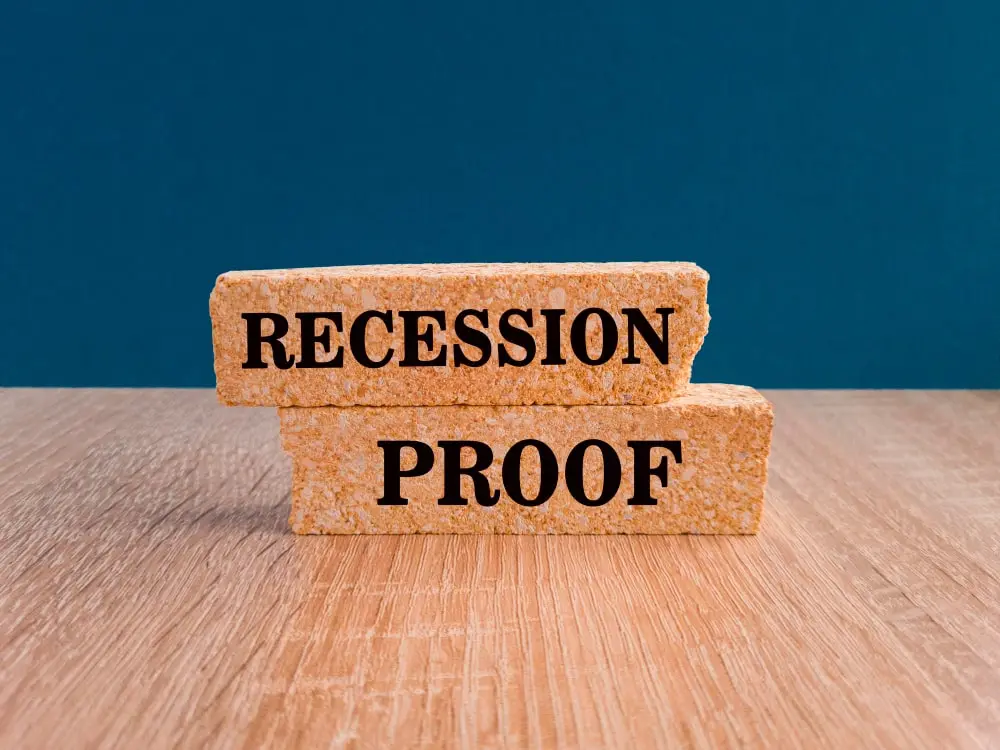Table of Contents
ToggleReal estate investments offer a lucrative avenue for building wealth and securing financial futures, appealing to both first-time and seasoned investors. The tangible assets and potential long-term gains associated with real estate make it an attractive option for wealth accumulation.
Millions worldwide turn to real estate investments to bolster and diversify their incomes and portfolios, drawn by the assured return in real estate. Nevertheless, the challenge of time constraints in our daily lives often leaves little room for individuals to conduct thorough research or manage real estate investments.
This is where passive real estate investing emerges as an excellent solution, furnishing investors and buyers with the ability of investing in real estate notes without the need for hands-on involvement. This introductory guide on real estate investment focuses on building wealth through passive income, providing a valuable starting point for those interested.
What is Passive Real Estate Investment?
When discussing time constraints and the inability to be actively involved, Passive Real Estate Investment comes to mind with assured returns in real estate. It is known to be one of the best ways to gain an additional source of passive cash flow, attain security in retirement, and provide yourself with a roadmap to achieving financial freedom.
Passive cash flow is a great alternative for earning money without actively working for it. It can be a great way to supplement your current income and help you create financial streams to help secure your future.
Methods of Passive Real Estate Investing:
- Real Estate Funds: These offer opportunities for broader investment, targeting Real Estate Investment Trusts (REITs) or private real estate funds. They often provide greater potential returns and less volatility than publicly traded REITs.
- REITs: Real Estate Investment Trusts function like dividend stocks, offering regular income through dividends from a pool of real estate assets. Publicly traded REITs offer high liquidity but may correlate closely with the stock market.
- Crowdfunding: Investors pool money with others to invest in specific real estate assets. Platforms vary in hands-on involvement, from more passive to requiring more due diligence.
- Remote Ownership: Involves investing in properties that are managed remotely, allowing access to diverse markets without direct involvement.
Pros of Passive Real Estate Investing
- Lower Barrier to Entry: Opportunities to invest with lower capital compared to direct property ownership.
- Minimal Physical Labor: Investors are relieved from the day-to-day tasks of managing properties.
- Access to Expertise: Professional investors or sponsors handle property management and decision-making.
- Reduced Liability: Limited exposure to risks and liabilities compared to direct property ownership.
Cons of Passive Real Estate Investing
- Possibly Lower Profit Potential: Unlike active real estate investing, direct involvement may yield higher returns.
- Reliance on Others: Investors need to trust sponsors or professionals to make sound investment decisions.
- Limited Control: Investors might not have direct involvement in property matters, relying on others to handle issues.
- Added Fees: Engaging professional management often incurs additional costs.
- Considerations: Passive real estate investing suits individuals seeking a hands-off approach and diversification. Understanding the platform’s structure, due diligence, and risk factors associated with the chosen investment avenue is essential.
However, to be able to get assured returns in real estate, one must take an active role. One of the keys to building a successful passive cash flow involves planning and strategizing. In the USA, investors accounted for about 27% of passive real estate investments.
Key Considerations for a Successful Passive Real Estate Investment
There are many strategies and considerations one must keep in mind before proceeding with Real Estate Investments for assured returns in real estate:
- Market Research: One must conduct thorough market research before making any real estate investments. Real estate debt investments will help you understand and determine local property market trends, rental demands, vacancy rates, and potential for appreciation. REITS distribute about 90% of their taxable net income to shareholders, making it a great source of income.
- Financial Planning: Passive Real estate Investment requires careful financial planning, such as assessing your budget, borrowing capacity, returns, etc. Loan-to-value ratios can vary significantly depending on the bank, borrower’s creditworthiness, and other factors. However, in some banks, loans are offered by banks up to 80% of the property value. Calculating the potential return on real estate investments is important, as is ensuring that the property’s value can cover expenses like mortgage payments, property taxes, insurance, and maintenance costs.
- Property inspection: Engaging a professional inspector to identify any underlying issues with the property is vital. Structural or economic defects should always be identified and avoided, as they can lead to hefty expenses.
- Property management: Rental properties can be hired or managed independently. Proper property management is vital for passive cash flow through real estate investment to maintain tenant satisfaction and preserve the property’s value.
- Long-term perspective: Passive Real Estate investment is best approached with a long-term perspective. This is so because property values may fluctuate in the short term. One must avoid making rash decisions during those times to prevent any potential loss.
Benefits of Passive Real Estate Investment
Passive Real Estate Investment offers significant benefits that help investors reduce unwanted obligations and build long-term wealth. Therefore, it is crucial to understand and utilize these benefits and strategies:
- Wealth accumulation: Passive real estate investments tend to give returns over time. This increases their value and builds equity for investors. This combination of income appreciation and potential rental income may lead to significant wealth accumulation.
- Portfolio Diversification: Passive real estate investments can help diversify one’s investment portfolio. It also reduces risk and volatility, which increases passive cash flow.
- Inflation hedge: Passive Real Estate investments often space out inflation. It provides a hedge against the rising market costs.
- Passive Income: Rental properties are a great passive cash flow source, helping investors achieve financial freedom and diversify their income streams.
- Tax Advantages: Tax benefits, like reduced or deducted mortgage interests and property taxes, are reduced for real estate investors.
Conclusion
Passive real estate investment offers significant financial empowerment for seasoned or new investors. Its tangible nature and long-term appreciation make it a potent wealth-building strategy.
However, it requires thorough research, planning, and a long-term view. Understanding market conditions and prioritizing property quality are vital for wise financial decisions.
Yet, it provides various benefits, ideal for those seeking long-term returns, passive income, and tax advantages. Property value appreciation potential and deductible expenses bolster its profitability.
Check out Munshi Capital extensive guide at Munshi.biz for more information on passive real estate investments and efficient wealth building techniques. Learn insightful advice on how to use real estate to achieve long-term financial success.





